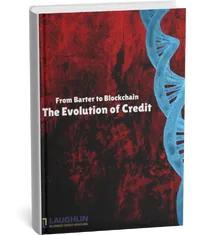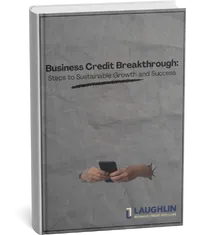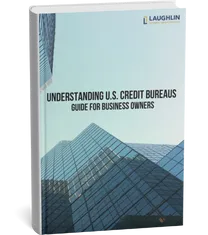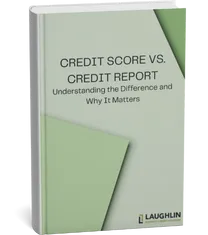
The Ripple Effect: Tariffs and Their Impact on the Modern Economy
What Is a Tariff?
A tariff is a tax imposed by a government on goods and services imported from other countries. Tariffs serve as one of the oldest forms of economic policy, with roots that stretch back thousands of years. While often mentioned in the context of trade disputes or international relations, tariffs have deeper economic implications that impact domestic industries, consumers, and global trade patterns.
This article aims to provide a clear, neutral overview of tariffs, exploring their history, purpose, and their broader impact on the United States and the global economy—without engaging in political commentary or partisanship.
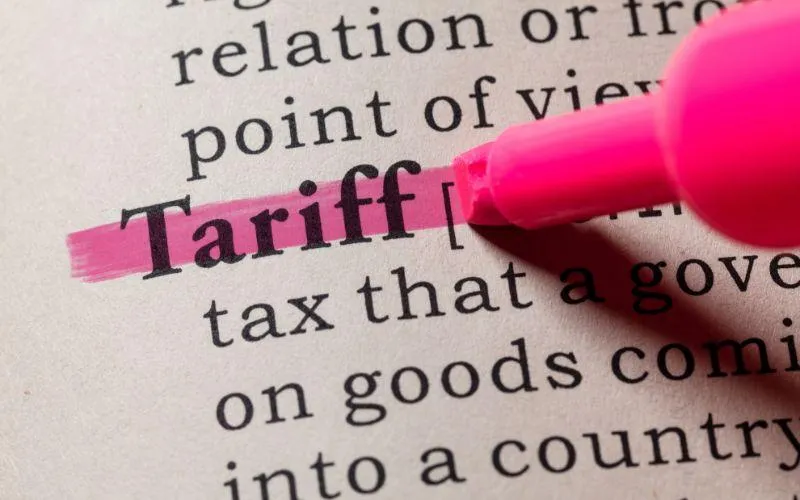
A Brief History of Tariffs
Tariffs have been a fundamental tool in government policy for centuries. In ancient civilizations like Rome and China, tariffs generated revenue and controlled the flow of foreign goods. As global trade expanded in the 15th and 16th centuries, tariffs became instrumental in shaping colonial economies and protecting emerging industries.
In the United States, tariffs were initially a primary source of federal revenue. The Tariff Act of 1789 was one of the first major acts passed by Congress, aiming to protect fledgling American industries from foreign competition. Throughout the 19th century, the U.S. alternated between periods of high protectionism and lower tariffs, depending on the prevailing economic philosophy.
The Smoot-Hawley Tariff Act of 1930, enacted during the Great Depression, significantly raised U.S. tariffs and is often cited as a contributor to the global economic downturn. In the post-World War II era, however, the U.S. joined international efforts to lower tariffs and encourage free trade, leading to the creation of institutions like the World Trade Organization (WTO).
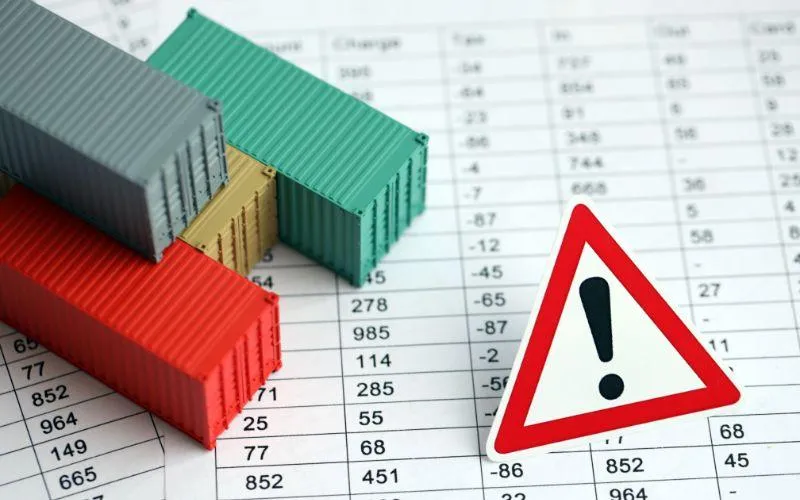
Why Governments Use Tariffs
Governments use tariffs for a variety of reasons:
Revenue Generation: Historically, tariffs were a major source of income for governments, especially before income taxes were common.
Protecting Domestic Industries: Tariffs can help protect local businesses from foreign competitors by making imported goods more expensive.
Trade Negotiations and Leverage: Countries may use tariffs strategically to influence trade negotiations or respond to unfair trade practices.
National Security and Policy Goals: Tariffs can be used to restrict trade in goods that are sensitive to national security or to support specific domestic industries deemed critical.
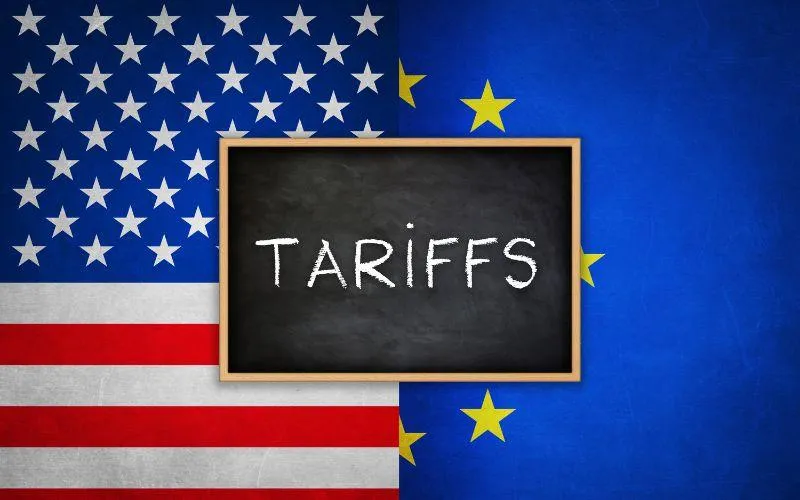
Tariffs in the U.S. Economy Today
In the modern U.S. economy, tariffs play a more targeted role than they did in the past. Most consumer goods in the U.S. are imported with relatively low tariffs, thanks to decades of trade liberalization. However, tariffs have resurfaced in recent years as tools in specific trade policy strategies.
For example, tariffs have been imposed in response to concerns over intellectual property rights, currency manipulation, and trade imbalances. These actions have affected various sectors, from agriculture and manufacturing to electronics and automobiles.
Effects on the U.S. economy include:
Short-term protection for domestic producers who face cheaper foreign competition.
Higher costs for businesses that rely on imported materials or parts.
Increased prices for consumers, particularly on goods where domestic alternatives are limited.
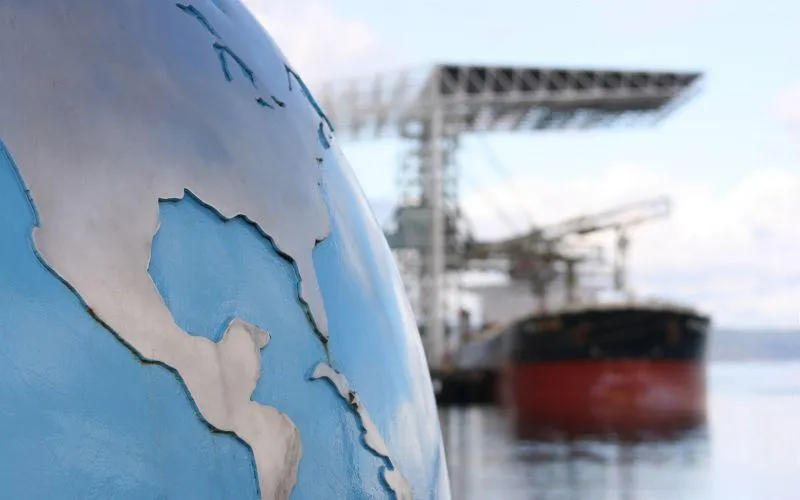
Global Impacts of Tariffs
On a global scale, tariffs influence the flow of goods, investment decisions, and international trade relationships. When one country imposes tariffs, trading partners often retaliate with tariffs of their own. This can escalate into trade disputes that affect global supply chains and market confidence.
For developing nations, tariffs imposed by larger economies can limit access to key markets, affecting growth and employment. Conversely, these same tariffs can help smaller countries nurture local industries that might otherwise struggle to compete.
Tariffs also play a role in shaping the rules-based international trading system, where transparency, fairness, and dispute resolution are key components. Through organizations like the WTO, countries negotiate tariff levels and resolve conflicts, attempting to balance national interests with global cooperation.
A Balanced Perspective
Tariffs remain a complex and impactful instrument in global economics. They can offer short-term benefits for targeted industries and leverage in trade negotiations, but they also bring risks, including higher costs for consumers and disruptions to global trade.
In the United States today, the use of tariffs reflects an evolving approach to economic policy in a fast-changing world. While perspectives on their use vary, the facts surrounding their function and consequences are essential for anyone seeking to understand international economics.
As global markets continue to shift, an informed, balanced understanding of tariffs helps both policymakers and the public engage in thoughtful dialogue about the future of trade, industry, and economic growth—without getting caught in the political crossfire.
Leave a Comment
Comments:




©2025 Laughlin Business Credit Advisor, all rights reserved. No reproduction or use of any portion of the content or work, or the entire work, is permitted without the express written permission and authorization of the publisher. However, the publisher of these materials routinely grants authorization for reproduction or use of this work, in whole or in part. If you would like to use any portion of this material in a book, article, e-zine, newsletter, radio or television broadcast, podcast, or in any other seminar, teleconference, or other events or publications, please email or call Laughlin Business Credit Advisor.
Stay inspired, informed, and ahead – fill out the form to join us now!
Dive into our library and unlock a treasure trove of business insights that can transform your journey to success.
Laughlin Business Credit Advisors
680 W. Nye Ln, Ste #201Carson City, NV 89703
All Rights Reserved,
© 2024 Great Basin Holdings, Inc.




